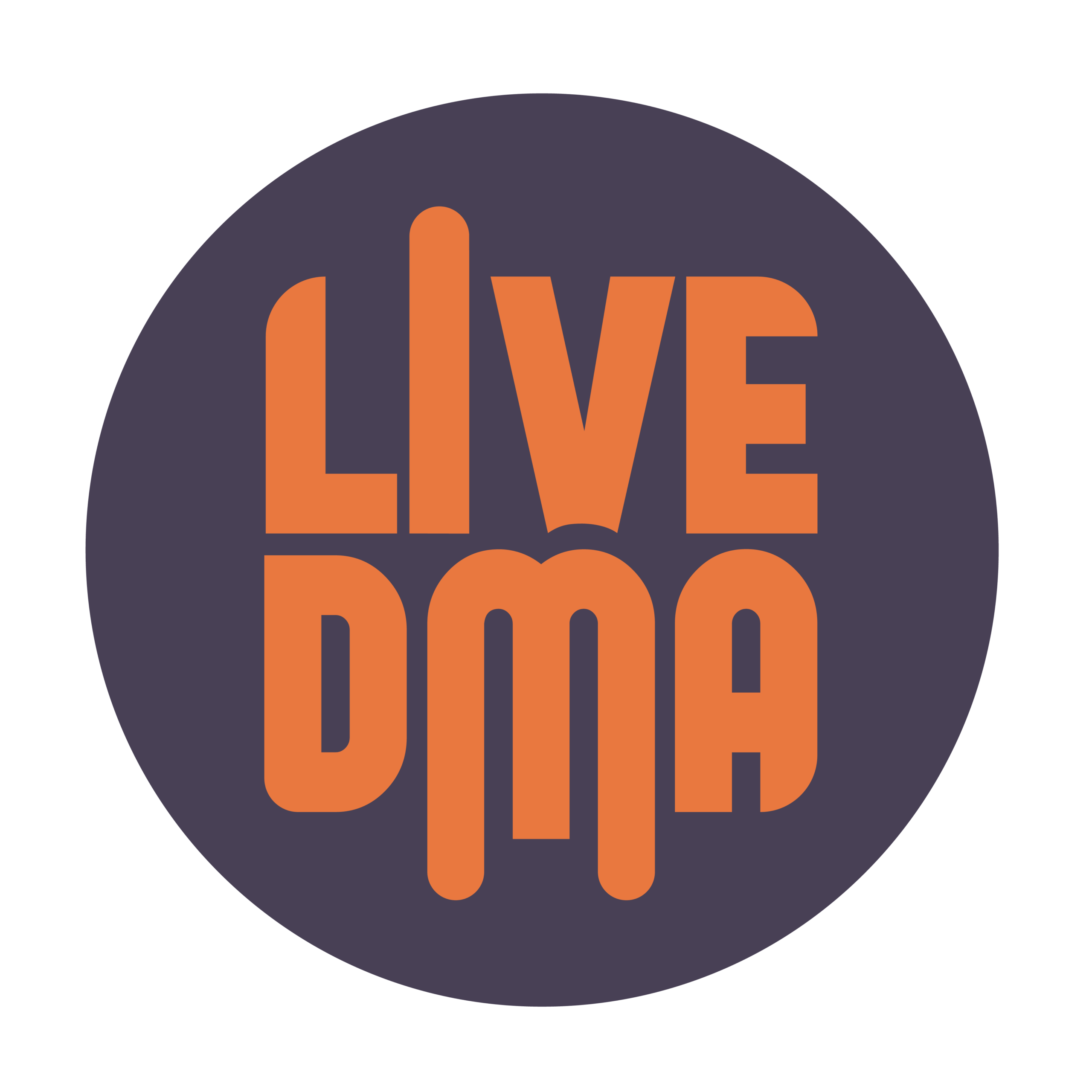“It’s really important for us to be at the forefront on the sustainability and inclusion questions, to inspire others and help with all these things. If we don’t have a sustainable future, we may not have a future at all.”
Resources
-
This document is a comparative analysis of 18 carbon assessments carried out by a panel of structures representative of the members of SMA and FEDELIMA. These include 8 concert venues, 5 festivals, 4 booking agencies, and 1 training centre, all of which took part in this ambitious collective project that today allows us to better…
Read»
-
Set up during the first half of 2023, the LITMUS (Learning Incentives Towards Music Sector Sustainability) professional training programme is the result of a bilateral cooperation between Grabuge, the network for current music in the Grand Est region of France, and Court-Circuit, its counterpart in the Federation Wallonia-Brussels. It aims to strengthen the skills of…
Read»
-
The fairPACCT programme, developed by the Dutch government and Dutch cultural sectors, is aimed at concretizing fair pay and fair practice in various subsectors in the cultural and creative sectors. Among the many practical tools that have been developed by the initiative is an online calculator for pop musicians to calculate what career stage they…
Read»
-
OiRA – Online interactive Risk Assessment – is a web platform that enables the creation of sectoral risk assessment tools in a number of languages in an easy and standardised way. It is developed and maintained by the European Agency for Safety and Health at Work (EU-OSHA) and it is based on the Dutch risk…
Read»
-
Music Industry Therapist is a collective of specialist music industry therapists with an abundance of experience of working within the music business in various roles across all sectors. The music industry is an unpredictable and highly competitive environment, with many stressful elements to negotiate including touring; career uncertainty and transitions; cumulative stress and burnout; the…
Read»
-
Mapping Music in Urban and Regional Economies In today’s urban economies, music plays a crucial role in both economic growth and cultural enrichment. Whether through local gigs or major events, live music contributes to the vibrancy of cities by attracting attention, fostering community, and driving revenue. Yet, its broader impact on urban economies remains underexplored. How…
Read»
-
The Diversity Roadmap provides simple recommendations for more diversity and equality in clubs and at festivals. “We view clubs and festivals as public spaces that should be accessible for anyone who would like to take part.For us, fostering diversity and accessibility means taking responsibility and enacting suitable measures to createspaces with less discrimination and actively…
Read»
-
USA’s National Independent Venue Association have built up an Music Venue Economic Impact Calculator. This calculator provides a broad feel of the overall economic impact and the number of jobs supported by a music venue in a specific USA region. Understanding the economic impact can help be better prepared to make the case for the…
Read»
-
A RESEARCH COLLABORATION BETWEEN THE UNIVERSITY OF TORONTO SCHOOL OF CITIES AND WAVELENGTH MUSIC “Ontario’s live music venues have long served as dynamic community centres, economic catalysts, and cultural enclaves. These integral hubs of our music ecosystem contribute considerably to the province’s rich cultural fabric. Yet, this ecosystem is at a critical juncture. musicians, presenters,…
Read»
-
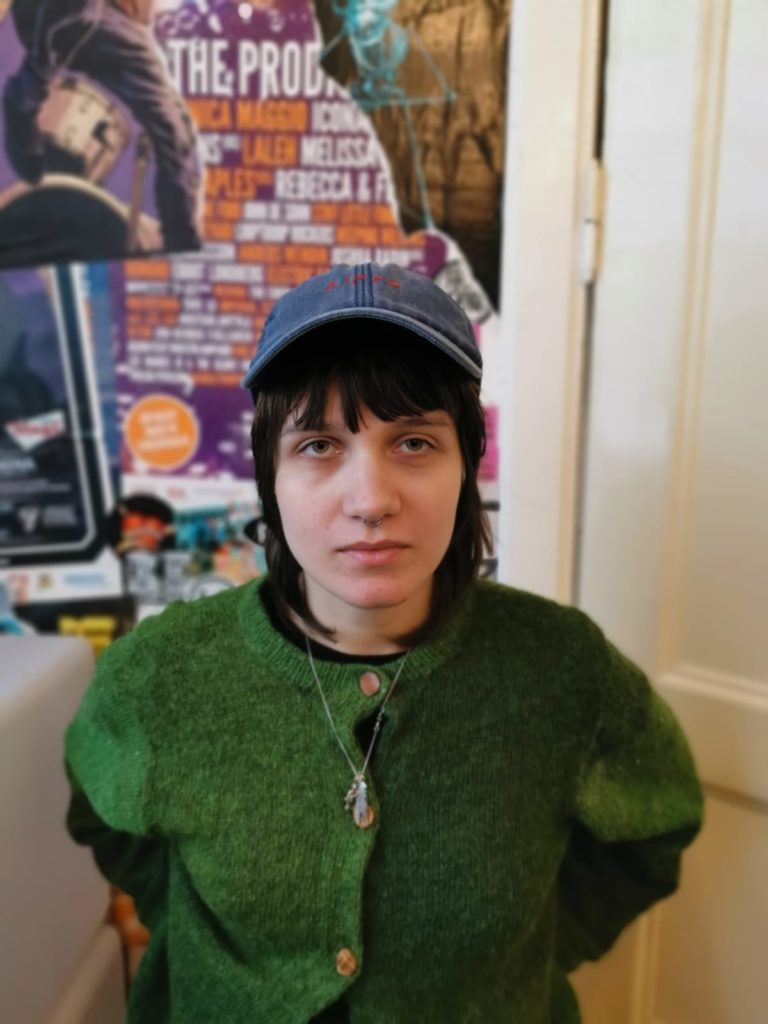
-
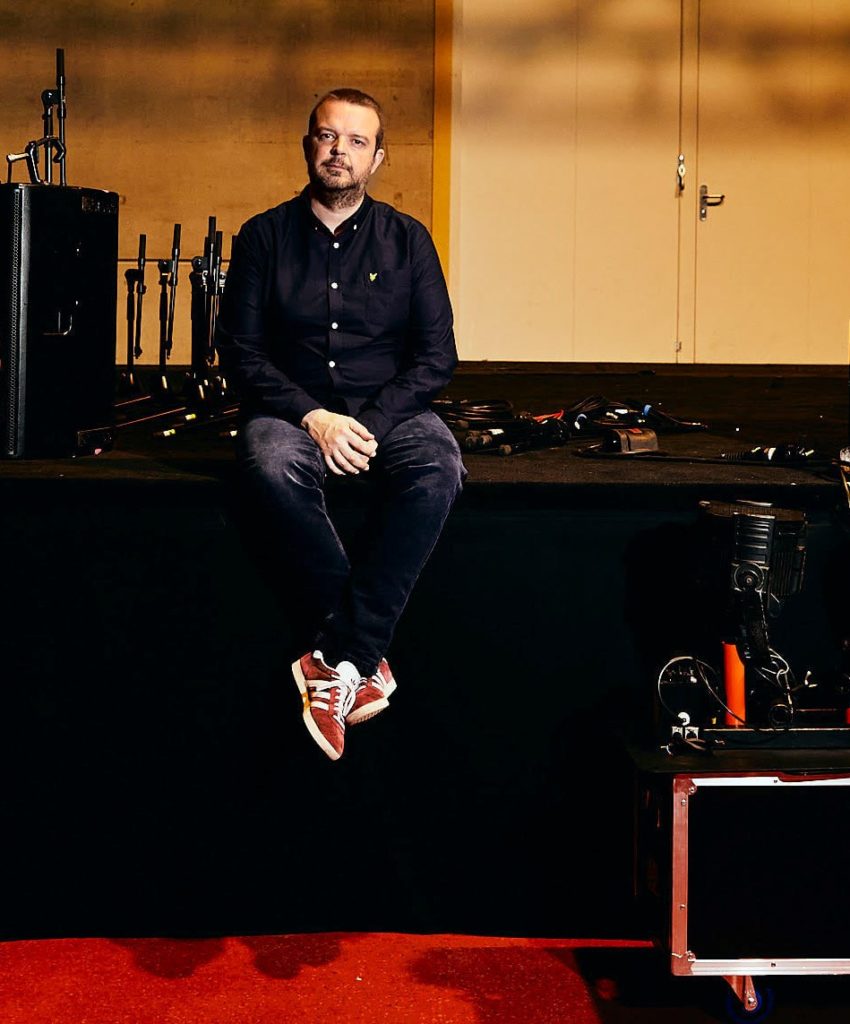
“It’s all about sharing and cooperation!”
-
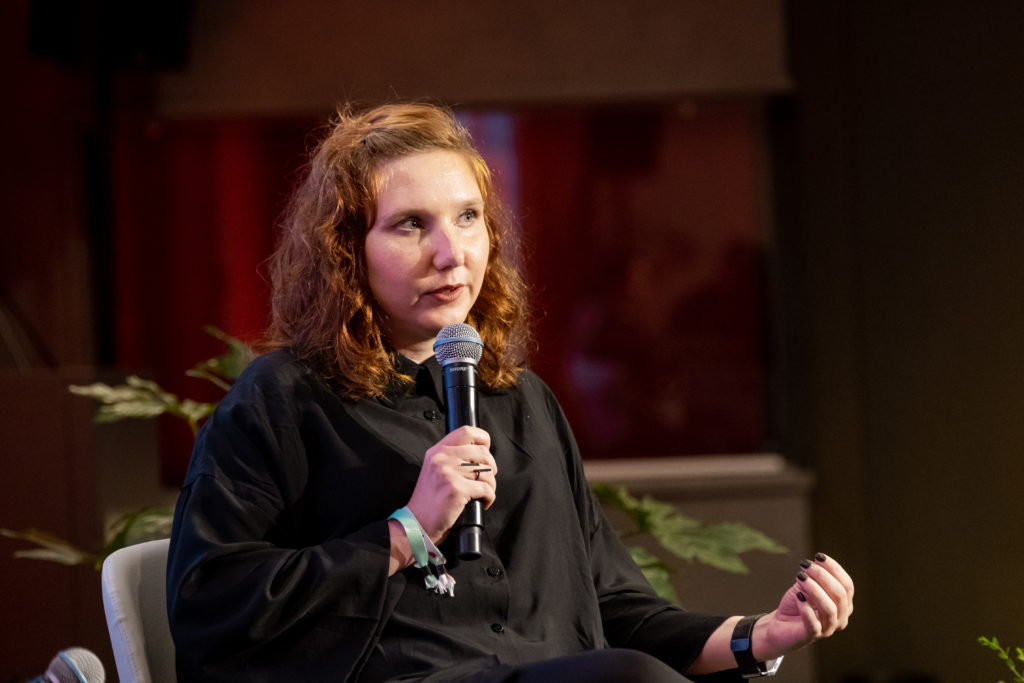
“We need organisations like Live DMA to support our activities. During COVID, it was important to have Live DMA meetings so that we could learn what was going on in the other countries, and that was very helpful when it came to the lobby work on the local level”
-
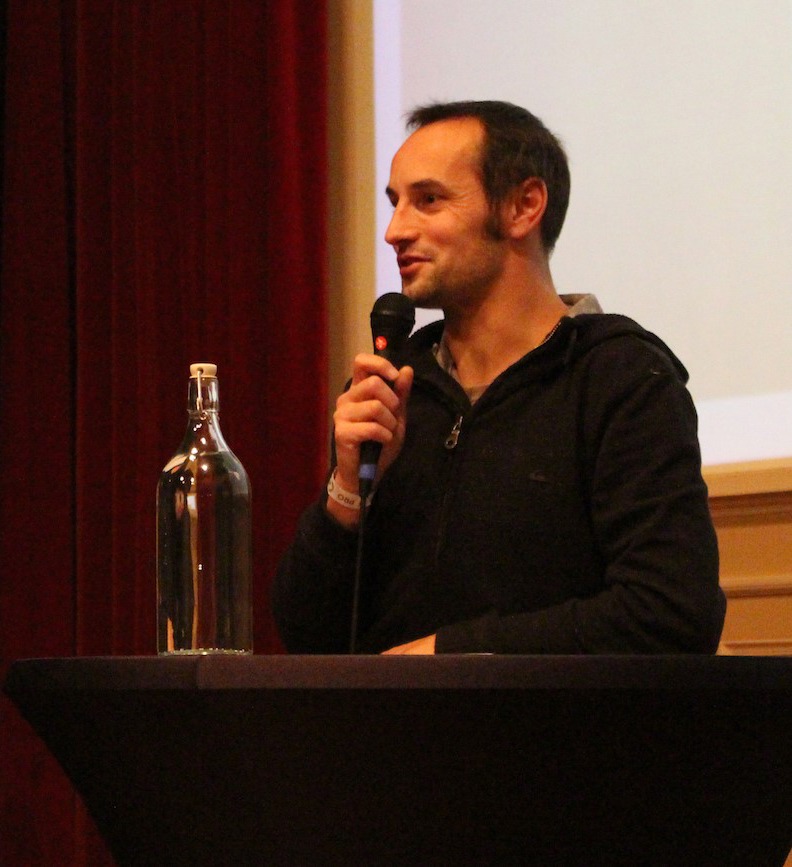
“We have been celebrating the 10th anniversary of Live DMA, a network which was created in 2012 by venue networks from all over Europe. The purpose was to share knowledge and skills with each other, and to set up common projects, and I think we’ve succeeded in doing that!”
-

“I learned to collect and process data with good quality, and also I learned the importance of data to start a dialogue with institutions. Good data gave ACCES a lot of recognition”
-

ʻʼThanks to Live DMAʼs Survey, we showed our government that the more a venue is subsidized, the more money they generate. The Ministry of Culture had little knowledge of our sector. So to present these figures from different European countries was crucial in re-valorising our subsidies.”
